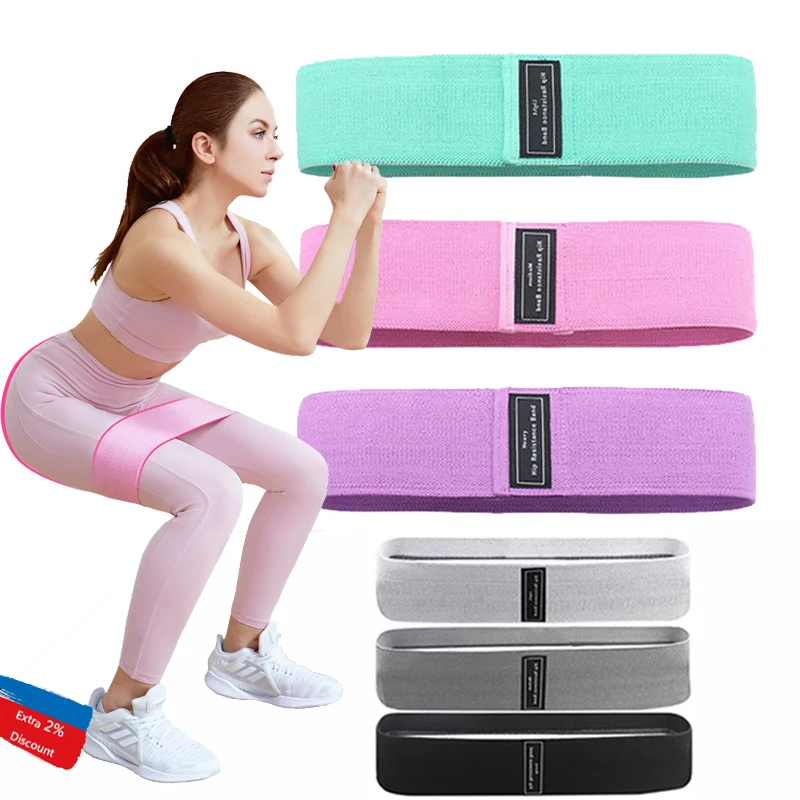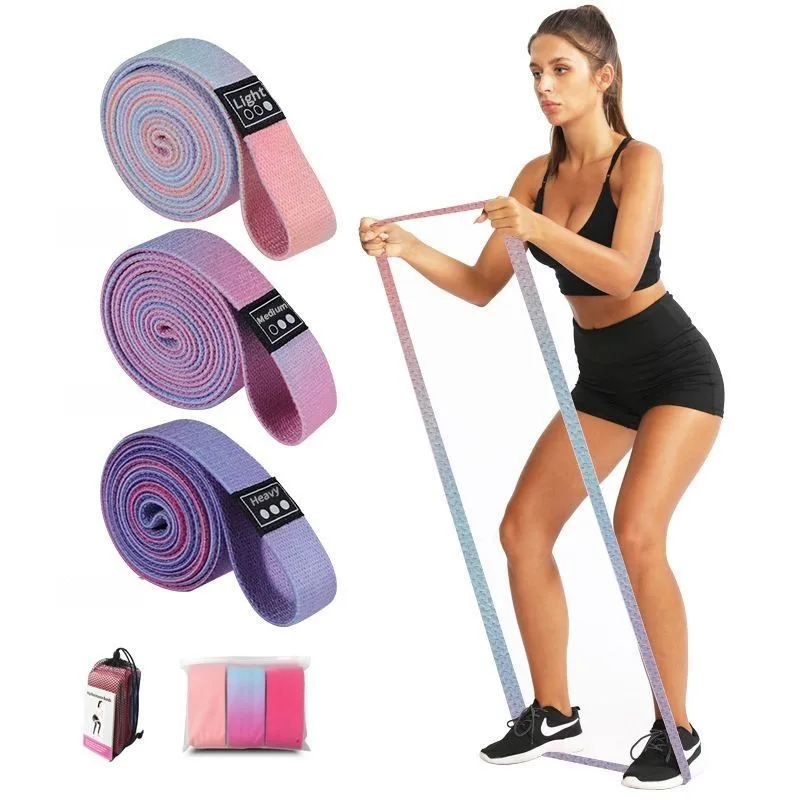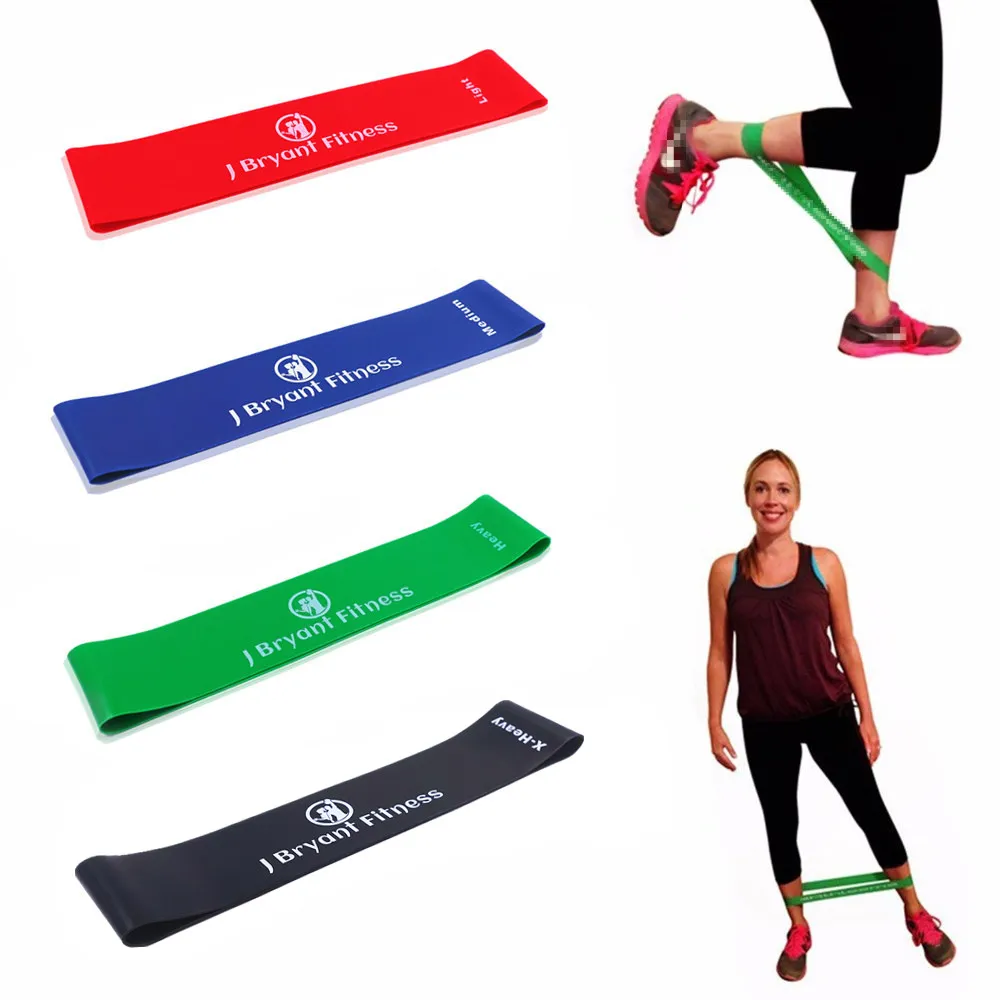How Do You Do a Bridge Exercise? What Are Its Benefits?
The bridge exercise is a bodyweight move that targets the glutes, hamstrings, and core. It's a great way to improve hip mobility, strengthen your lower body, and reduce back pain.
How to Do a Bridge Exercise:
- Lie on your back with your knees bent and feet flat on the floor, hip-width apart.
- Press your heels into the floor and lift your hips until your body forms a straight line from your shoulders to your knees.
- Hold for a few seconds at the top, then slowly lower back down to the starting position.
- Repeat for 10-15 repetitions.
Benefits of the Bridge Exercise:
- Improves hip mobility: The bridge exercise helps to open up the hips and increase range of motion.
- Strengthens the lower body: The bridge exercise targets the glutes, hamstrings, and quadriceps, making it a great way to build strength in your lower body.
- Reduces back pain: The bridge exercise helps to strengthen the core and lower back muscles, which can help to reduce back pain.
- Improves posture: The bridge exercise can help to improve posture by strengthening the muscles that support the spine.
- Increases flexibility: The bridge exercise can help to improve flexibility in the hamstrings and lower back muscles.
FAQs:
- What are the contraindications of the bridge exercise? The bridge exercise should be avoided if you have any injuries to the knees, hips, or lower back.
- How often should I do the bridge exercise? You can do the bridge exercise 2-3 times per week.
- How many repetitions should I do? Aim for 10-15 repetitions per set.
- How long should I hold the bridge position? Hold the bridge position for 5-10 seconds.
- What are some variations of the bridge exercise? There are many variations of the bridge exercise, such as the single-leg bridge, the weighted bridge, and the glute bridge with resistance band.
Related Hot-Selling Products:
- TRX Suspension Trainer
- BOSU Balance Trainer
- Resistance Bands
- Pilates Mat
- Foam Roller
Pre:What are some ways a crossfit gym can differentiate from its competitors
Next:What are the pros and cons of doing front squat only no back squats
















